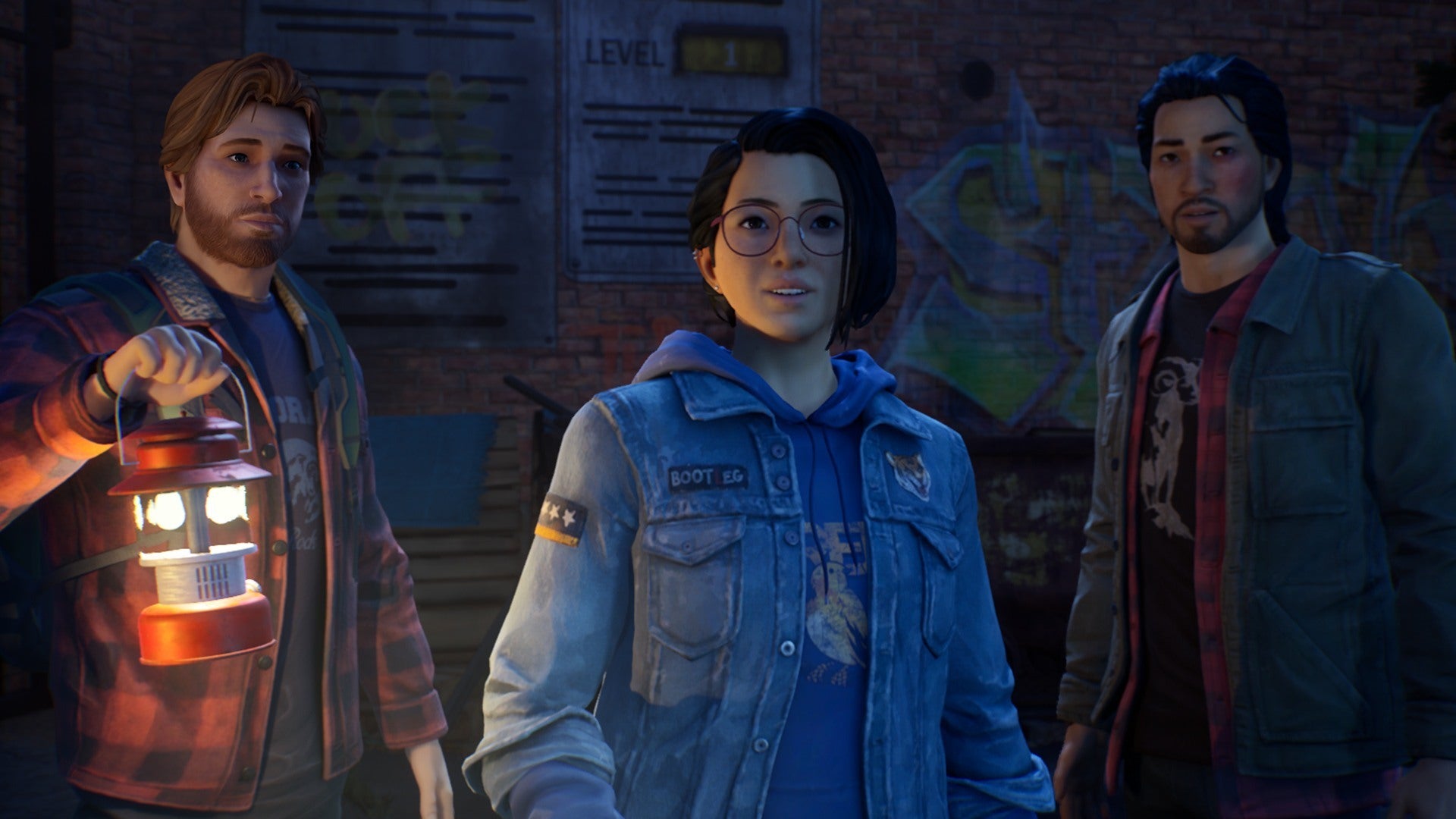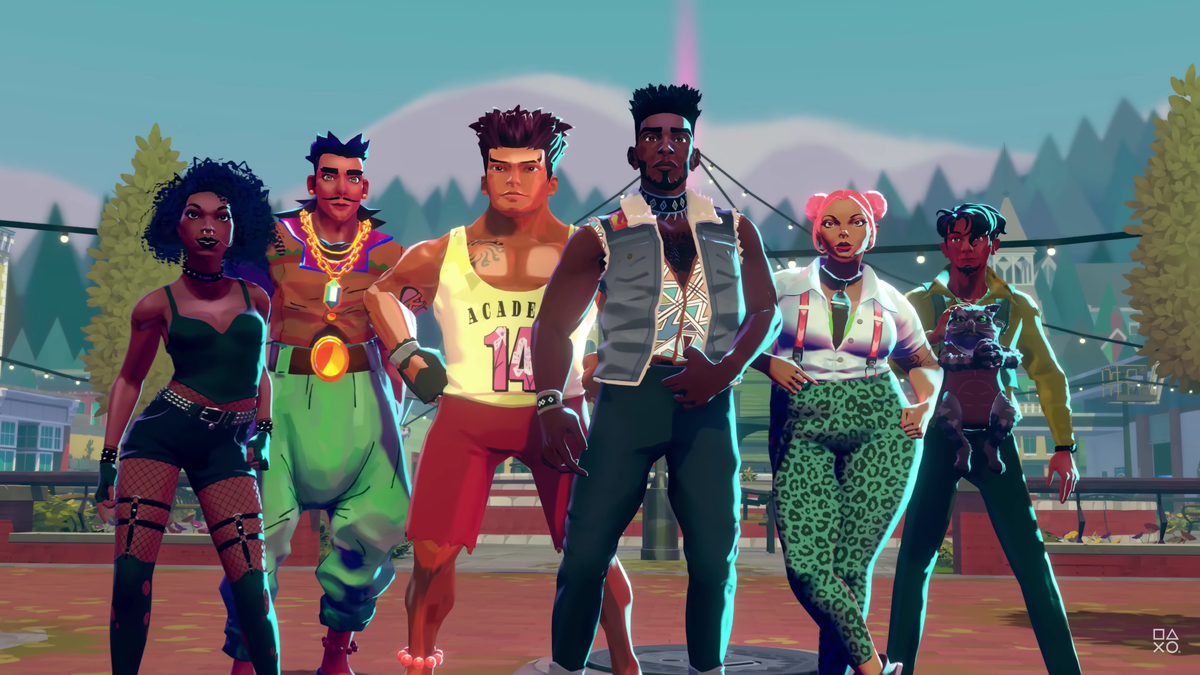Empowering AANHPI Voices: Celebrating Diversity and Innovation in Gaming
May 14, 2024 / by Games for Change
As we celebrate Asian American, Native Hawaiian, and Pacific Islander (AANHPI) Heritage Month, we invite you to join Games for Change (G4C) in honoring the cultural impact and significant contributions of the AANHPI community within the video game industry. This year’s theme, “Advancing Leaders Through Innovation,” pays homage to the AANHPI leaders and innovators who are shaping history and paving the way for a brighter future. AANHPI Heritage Month is an opportunity to celebrate the diverse cultures, traditions, and achievements of Asian and Pacific Islander communities, including their profound influence on the gaming industry through technological innovation, advocacy for positive social change, and the breaking down of stereotypes.

G4C is dedicated to sharing and highlighting diverse voices and stories. In celebration of Asian American, Native Hawaiian, and Pacific Islander Month, we interviewed two Asian American G4C Staff members, Nikki Chow, program coordinator, and Mikko Castaño, G4C’s graphic designer. They discussed how video games have influenced their lived experiences, shared their thoughts on this year’s theme, and more. You can find their answers below!
What is your role at Games for Change?
Nikki: I’m a program coordinator on the G4C Learn team! That means I do a bunch of stuff related to our free educational programming, like the Student Challenge and Game Plan.
Mikko: I’m the designer at Games for Change! I create and design many of the social media assets, videos, photography, and miscellaneous materials that G4C uses internally and externally.
Why is AAPI representation significant to you, particularly in light of this year’s theme, “Advancing Leaders Through Innovation,” for AAPI Heritage Month?
Nikki: As Asian American women, I feel that we are often not shown as leaders in video game spaces, as it is still a primarily male-dominated industry. It feels great when I see fellow Asian American women in higher positions at gaming companies.
Mikko: AAPI representation, specifically as it speaks to leadership, matters to me because of my hopes for the “model minority” myth to be entirely eradicated. People like myself are too often seen as “quiet” and not fit for leadership positions when that is a wholly Western misconception and delusion proven more and more ridiculous as time passes.
Is there a game or gaming experience that has resonated with you as an AANHPI individual, and how has it influenced you personally and professionally?
Nikki: Honestly, some of my favorite video game artists are Asian women, though I only found that out after already loving their work, haha. I’m a massive fan of Ayami Kojima’s art for Castlevania, she’s such a huge inspiration ahhhh. Another more contemporary Asian American woman artist whose art I really love is the art of Jen Zee on Hades. I’m so hyped for Hades II! Her work as an art director and character designer blows my mind. I can’t get enough of the colors and graphic style.
Mikko: Growing up in the US with older siblings who spent the majority of their childhoods in the Philippines (while I grew up almost entirely in Los Angeles), nearly all of my early exposure to gaming came from Asian-made games. Compared to other popular culture I was consuming, it was games that made me feel like I could be the main character. Dragonball Z Budokai, Ragnarok Online, Pokemon, Gitaroo Man, and Final Fantasy Tactics are just a few of the examples I could cite, but it was Kingdom Hearts that has stuck with me the longest. The idea of an incredibly Asian-coded character being the hero of a story alongside the most iconic characters in Western pop culture was so inspiring to me.
Do you believe representation and inclusion of AANHPI voices and experiences within the gaming industry can contribute to greater understanding, empathy, and positive change?
Nikki: I think it’s imperative that our voices and experiences are reflected in the gaming industry. I mean, so much of modern gaming has primarily Asian countries to thank, and Asia is one of the biggest audiences that gaming has. However, Asian Americans, in particular, don’t play as big of a role in the American gaming industry, despite the fact that many of us grew up playing video games with friends and family. I want to see more of our experiences being shown in games: our wrestling with our American side vs. our Asian cultural identity, what it means when your understanding of what is supposed to be your mother tongue is found lacking, and the cultural confusion that is a key part of the Asian American experience.
Mikko: I think that gaming and creating games are the most empathetic undertakings that are prevalent in today’s society. A book that I love, Tomorrow and Tomorrow and Tomorrow, has a quote that has always stuck with me: “To design a game is to imagine the person who will eventually play it.” Including and representing AANHPI voices and experiences in games and the gaming industry will have an unquantifiably large positive effect on the AANHPI people who consume them. The action of gaming allows for a deeper osmosis of the lessons and stories being told by AANHPI voices than other mediums in popular culture, and the empathetic nature of gaming can be the vehicle for greater understanding by those who do not identify as AANHPI. Even the slightest reference or easter egg that speaks to an AANHPI person’s life in a game can stick with someone forever. These kinds of inclusions can be so immeasurably important by empowering AANHPI voices in any industry or career path simply by allowing them to feel seen.


On the Morning You Wake (to the End of the World) is a three-part virtual reality documentary executive produced by G4C that captures the voices of the people in Hawai’i who experienced the real and imminent threat of nuclear weapons through a ballistic missile notification.

Life Is Strange True Colors is a mystery adventure game set in Haven Springs where you step into the role of Alex Chen, who has psychic empathy powers that allow her to read and manipulate emotions. When her brother dies, she begins to seek the truth buried within the town.

Thirsty Suitors is a surreal story-driven game that throws turn-based RPG battles, skating, and over-the-top cooking mechanics together in a spicy fusion! This isn’t a dating sim – it’s a breakup simulator. Battle your exes. Disappoint your parents. Find yourself.

AAPI Equity Alliance (AAPI Equity) is dedicated to improving the lives of Asian Americans and Pacific Islanders through civic engagement, capacity building, and policy advocacy
Stop Asian Hate strives to advance the multiracial movement for equity and justice by building power for our communities, working in solidarity with other communities of color, and advocating for comprehensive solutions that tackle the root causes of race-based hate.
Beyond this month of celebration, let’s continue to uplift AANHPI’s voices and support their contributions to the gaming industry and beyond. Join us in amplifying diverse perspectives and fostering a more inclusive gaming community. Together, we can champion equity and vibrancy in gaming for everyone.
